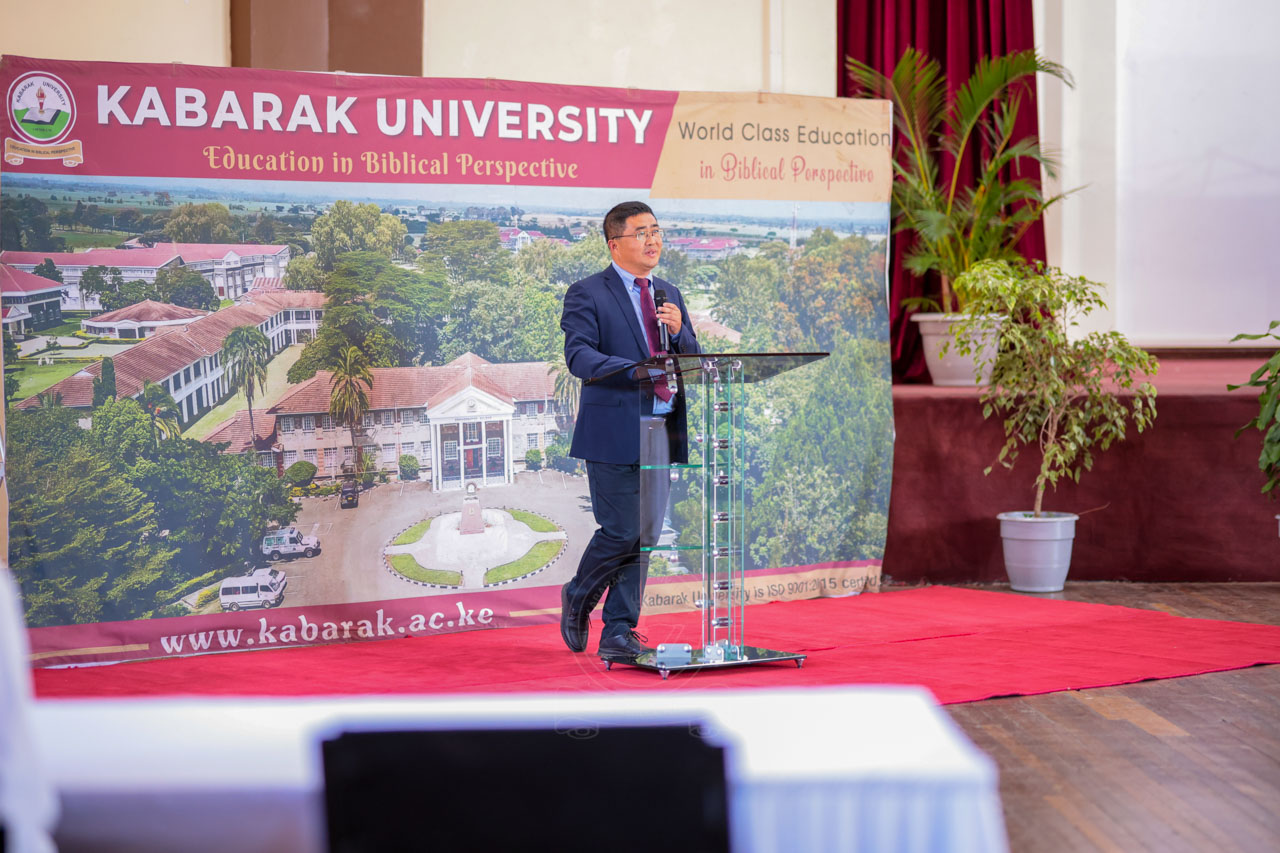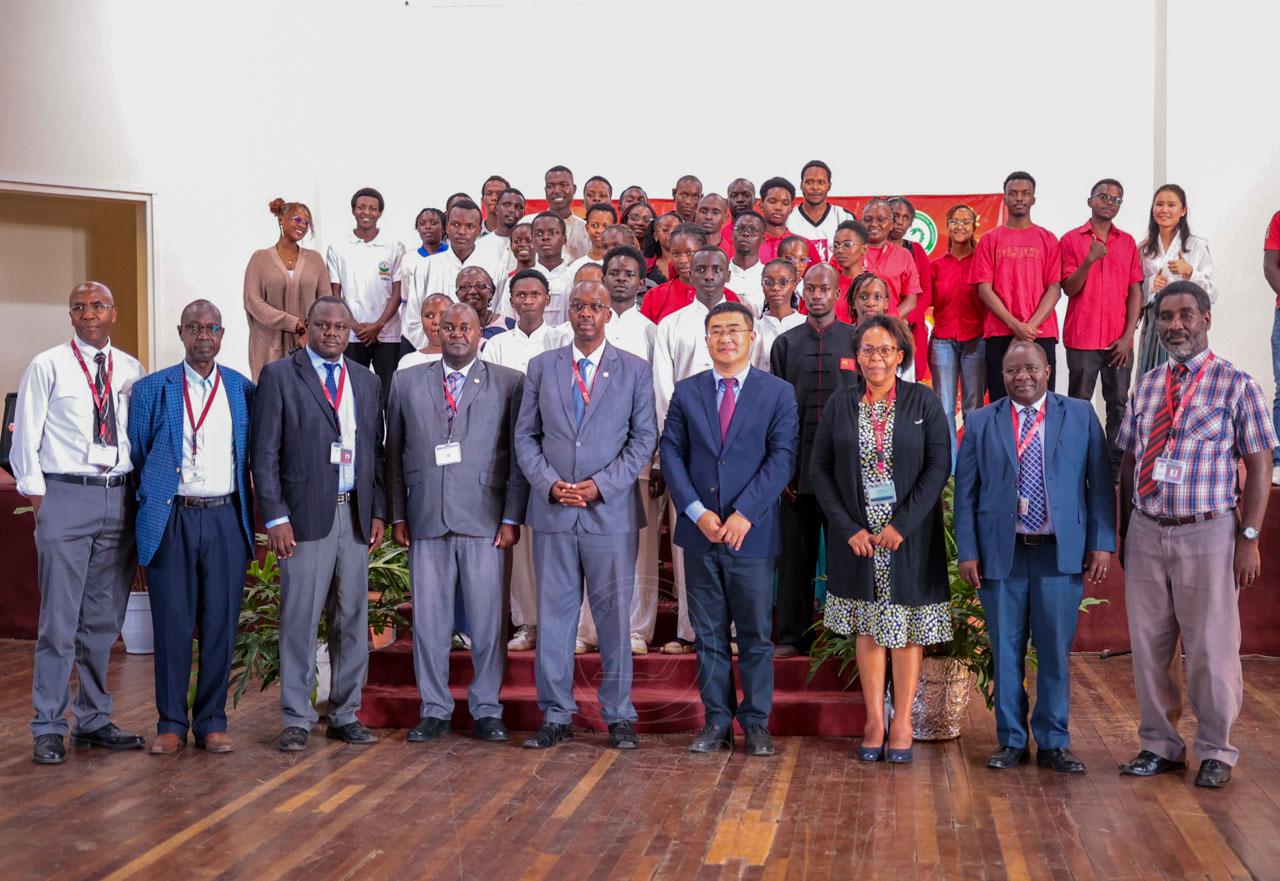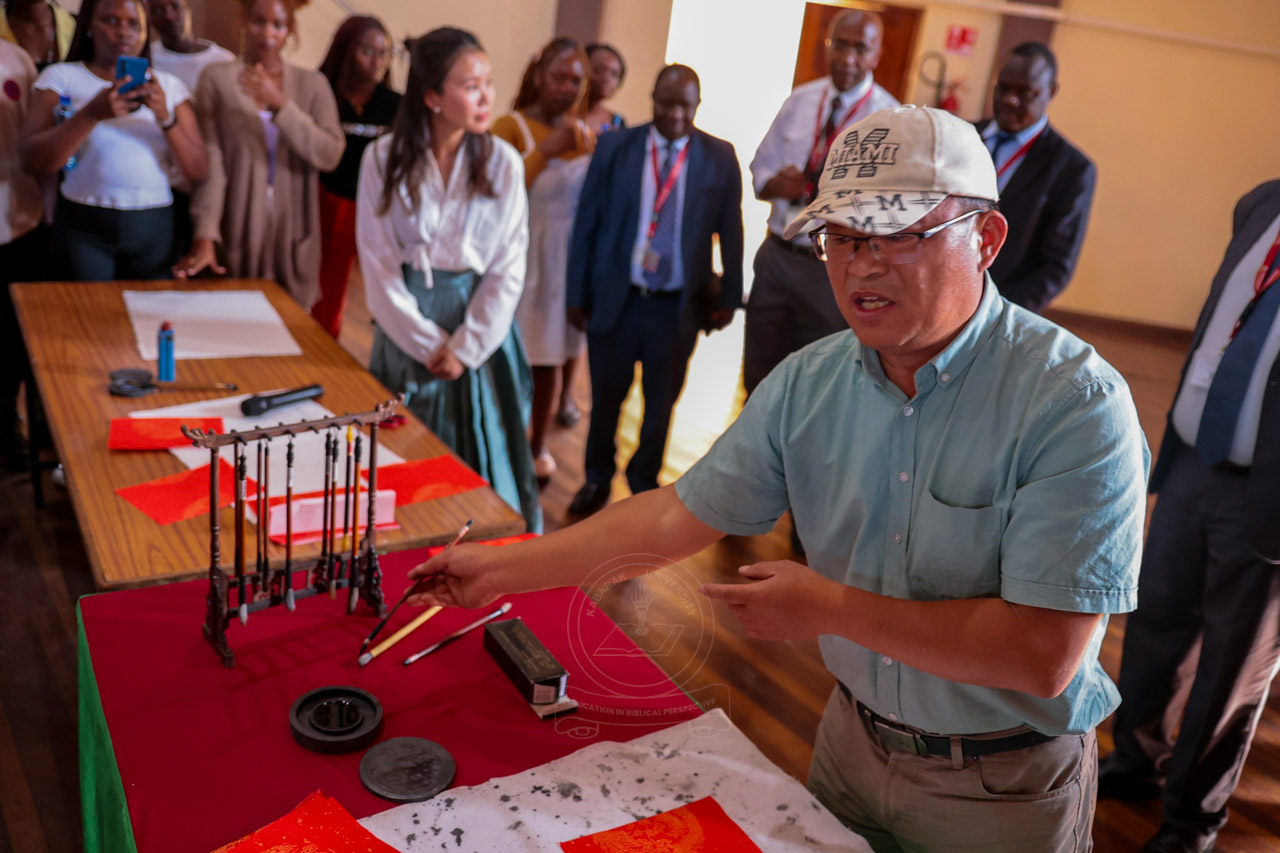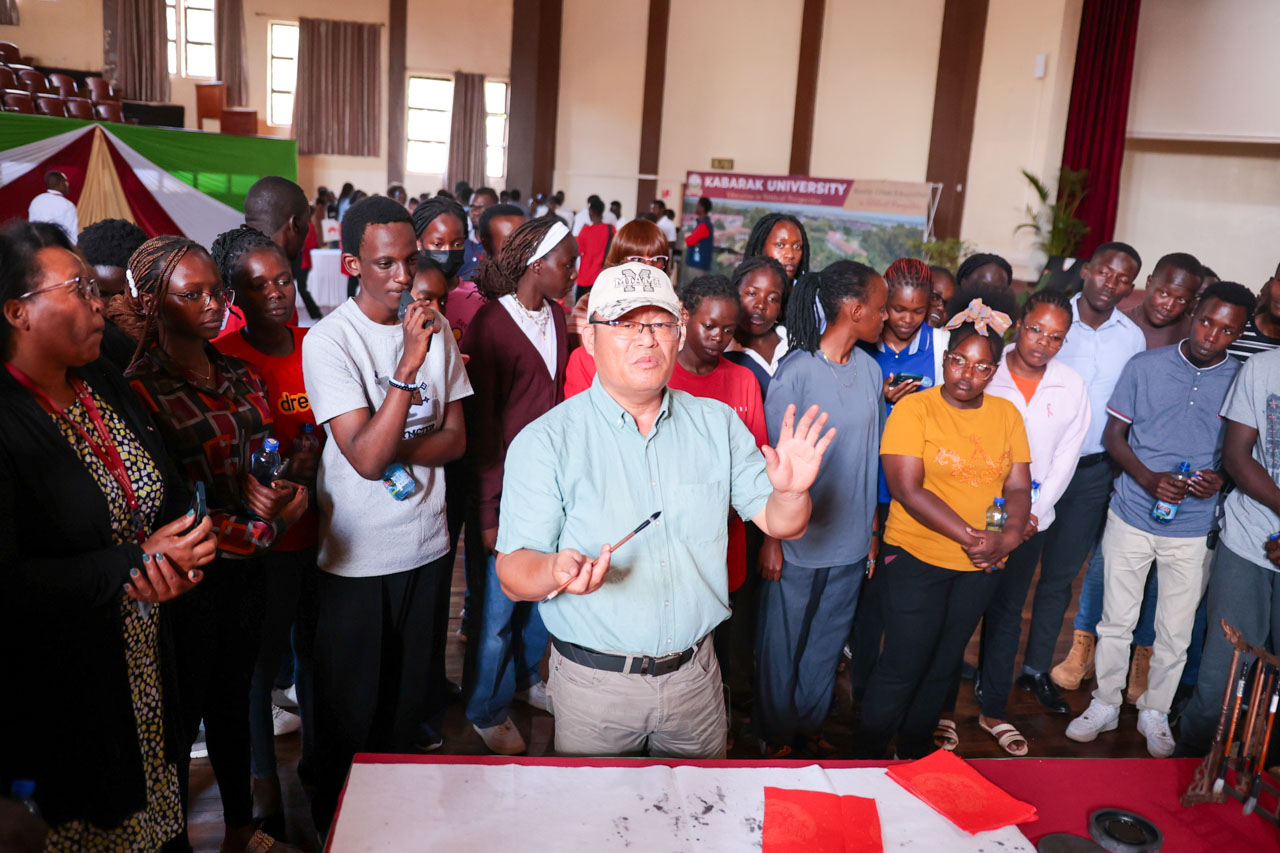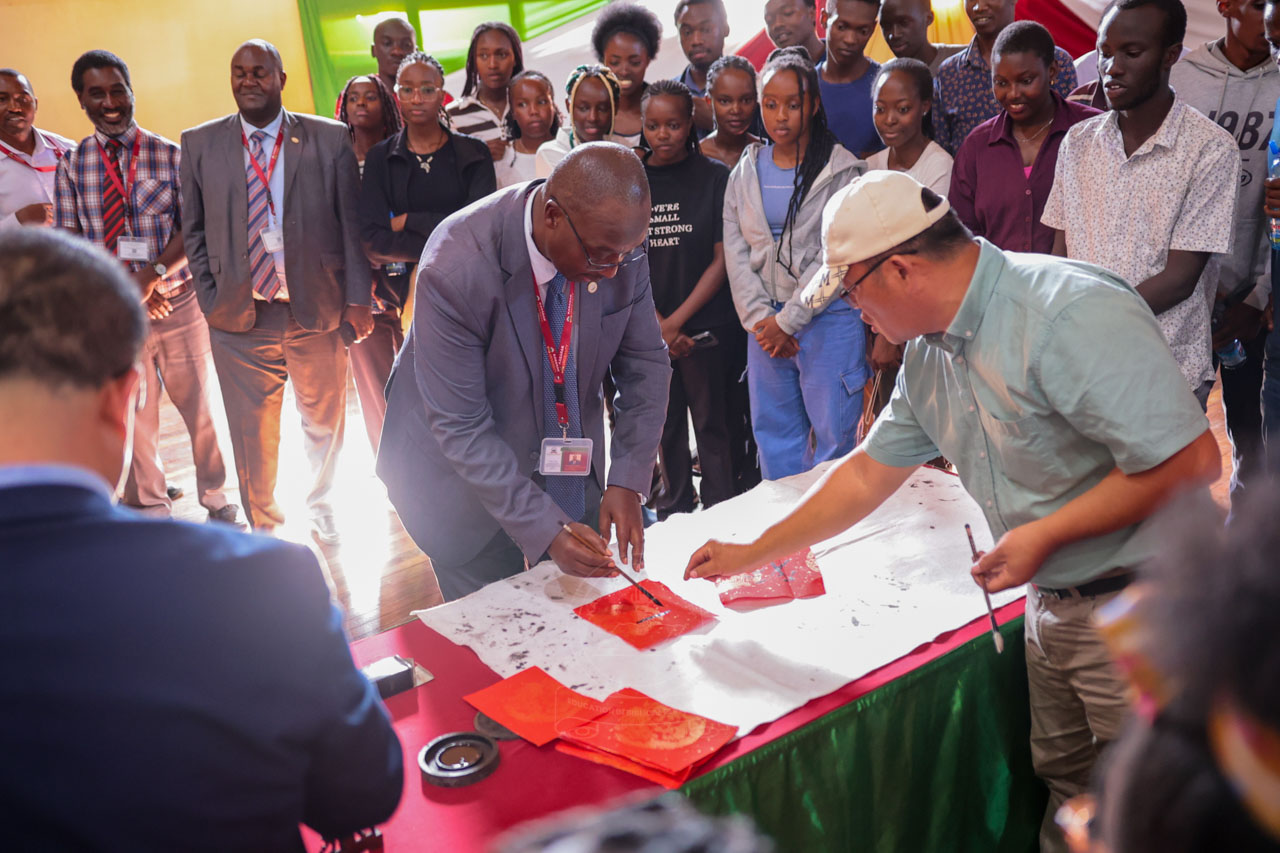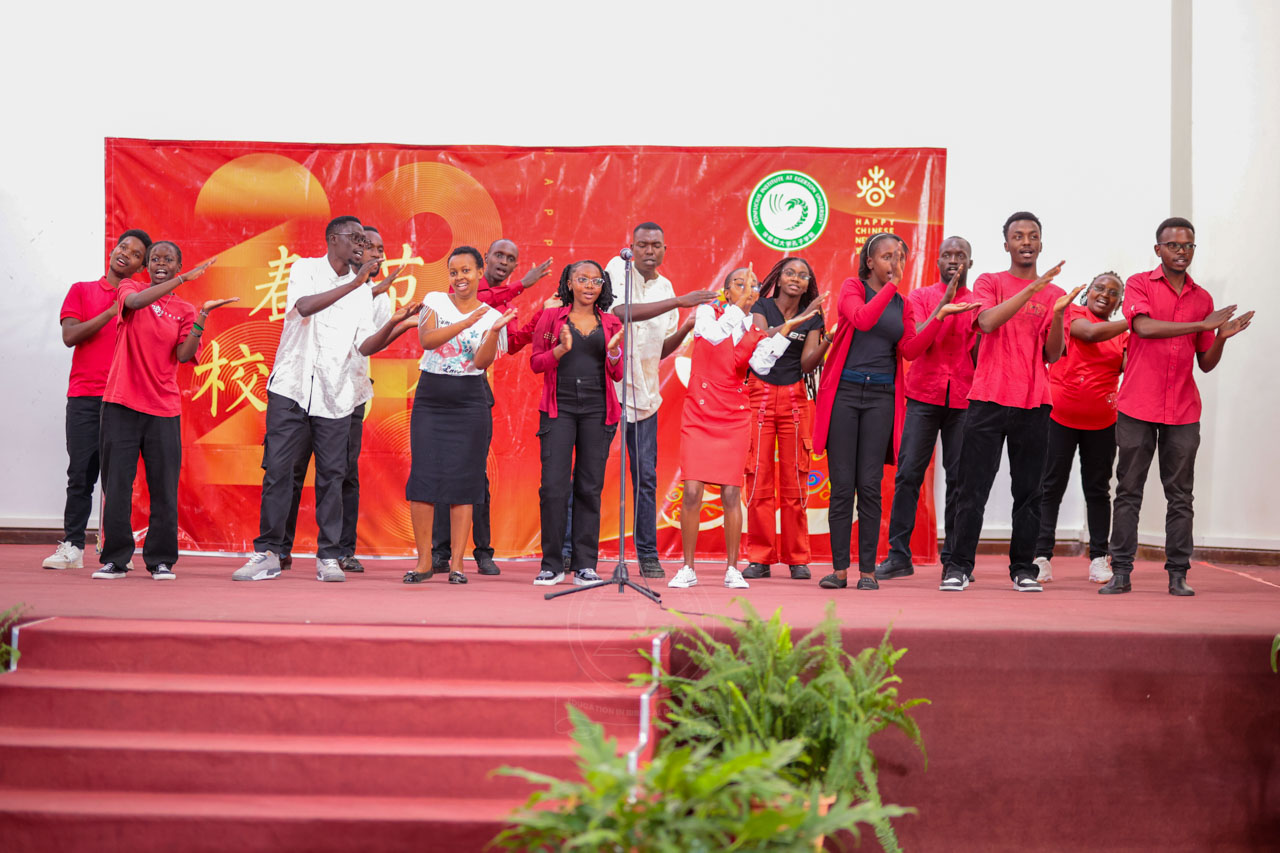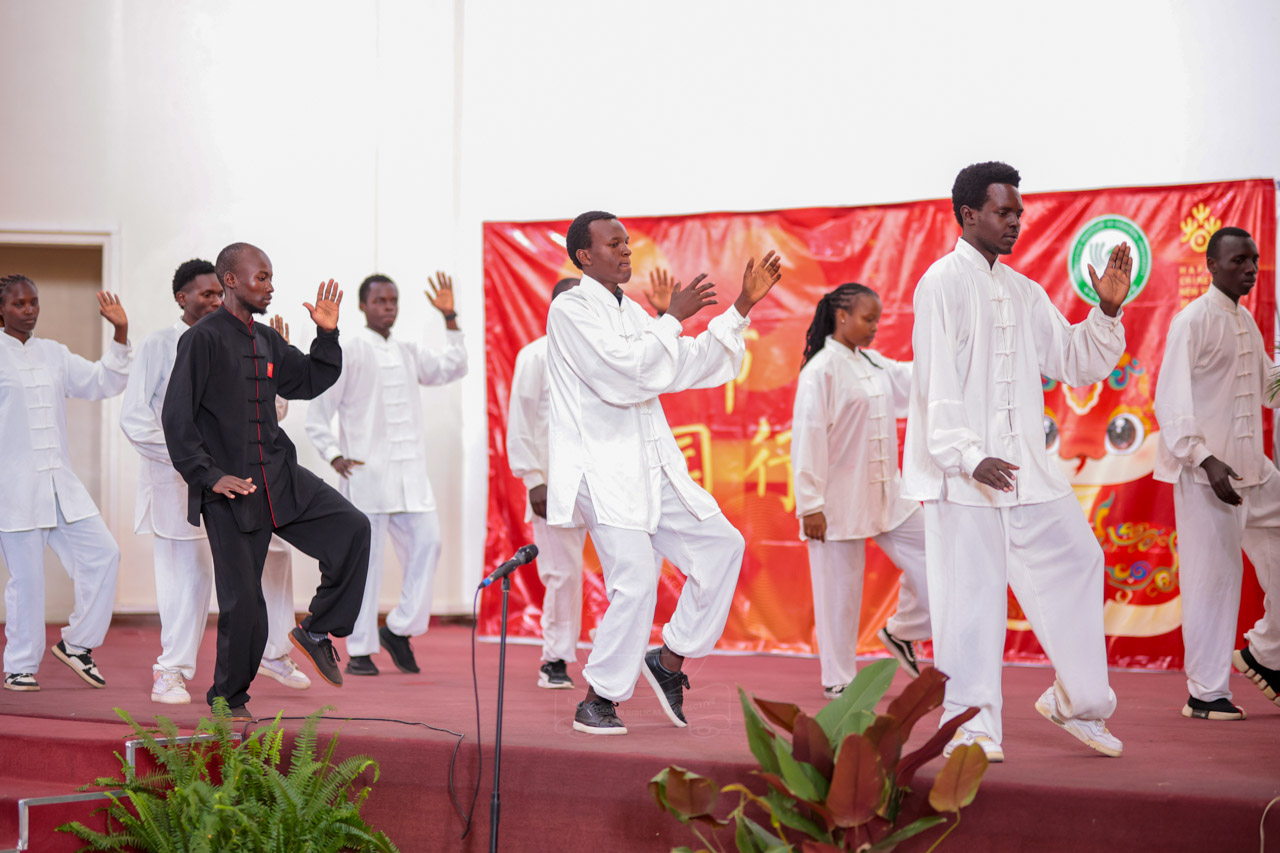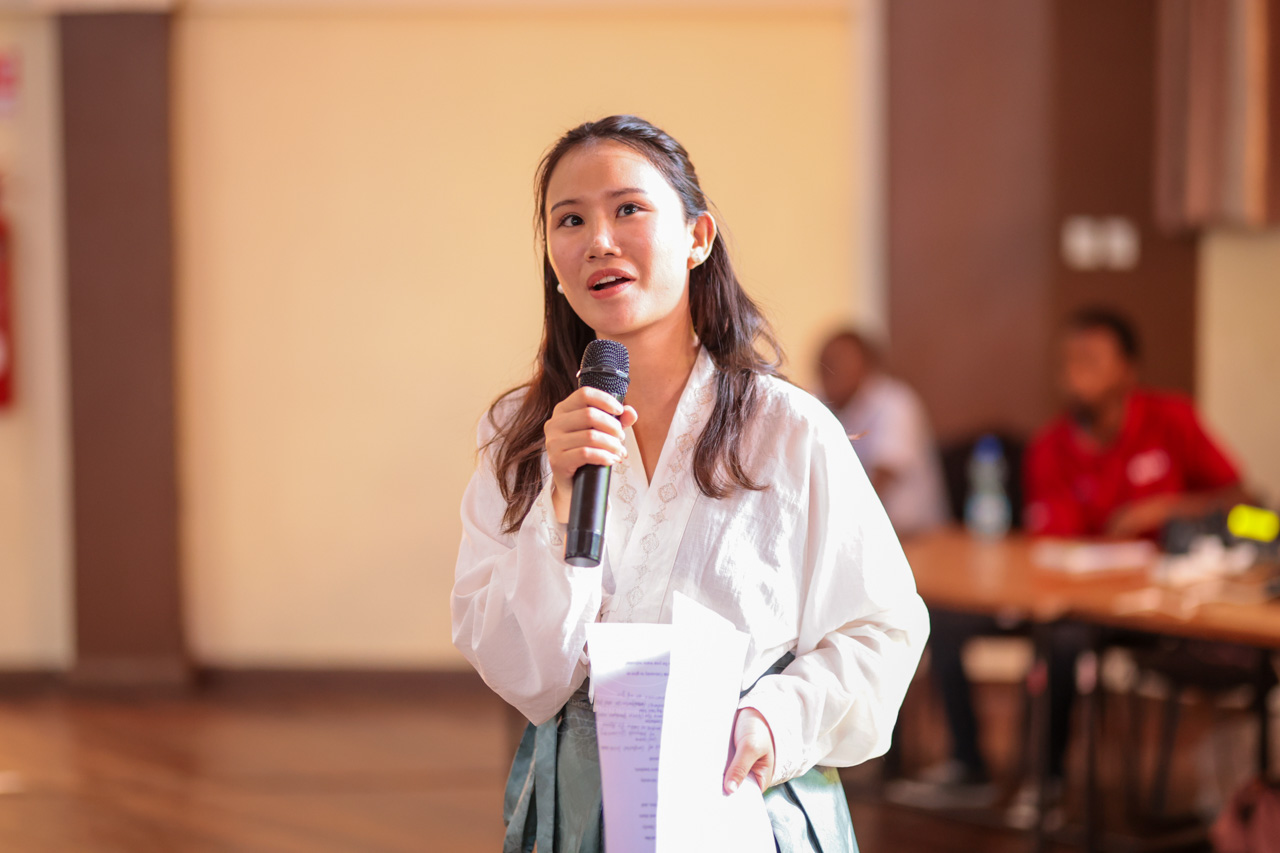Today marked a significant milestone in Kabarak University's ongoing efforts to cultivate globally competent citizens. In collaboration with the Confucius Institute at Egerton University, the university proudly hosted the Chinese Spring Festival at the University Auditorium. This vibrant celebration of Chinese culture provided students and the university community with a unique opportunity to experience firsthand the rich traditions, arts, and customs of China through various performances.
The event was graced by the Deputy Vice-Chancellor, Administration & Finance, Prof. Ronald Chepkilot, who spoke on behalf of the Vice-Chancellor Prof. Henry Kiplangat. Also in attendance were other members of the University Management Board (UMB), the Acting University Chaplain, the Director of Nakuru City Campus, staff, and students from both Kabarak and Egerton University. A special highlight of the occasion was the presence of Prof. Liu Yutao, the Chinese Director of the Confucius Institute at Egerton University (CIEU), underscored the importance of cross-cultural collaboration in education.
Speaking on the significance of the event, Prof. Chepkilot emphasized the necessity of embracing diverse cultures for success in today s interconnected world. By engaging with different cultural viewpoints, he stressed, we challenge our assumptions and develop a greater appreciation for the richness of human experience. This knowledge, grounded in respect for diverse values and belief systems, forms the bedrock of responsible global citizenship.
The Chinese Spring Festival, also known as the Lunar New Year, is one of China s most significant cultural celebrations, marked by performances, traditional attire, and a display of Chinese customs.
By bringing the Chinese Spring Festival to life on campus, Kabarak University continues to create an environment where students don t just learn about the world they experience it. Events like this go beyond academics, opening doors to new perspectives, friendships, and a deeper appreciation for different cultures. It s not just about preparing students for jobs; it s about shaping individuals who can navigate, contribute to, and thrive in a diverse global society.



